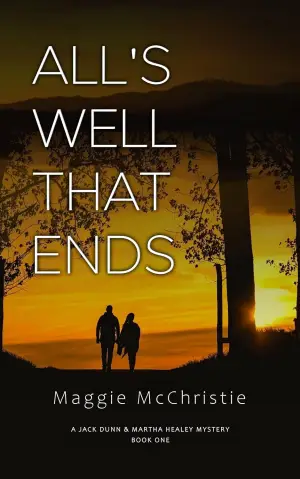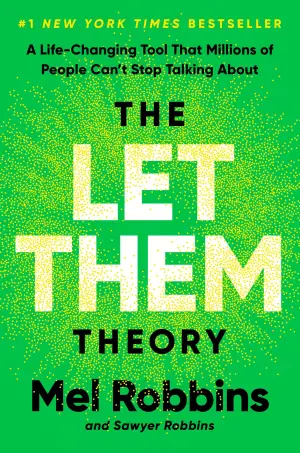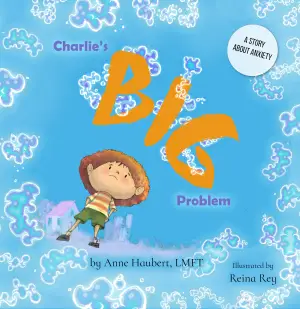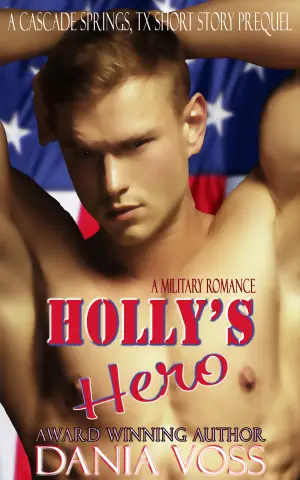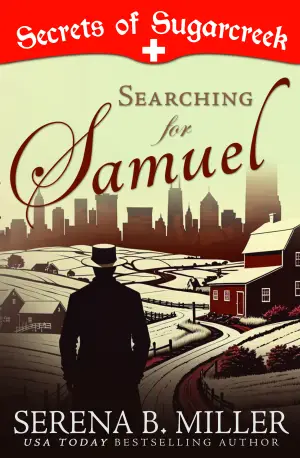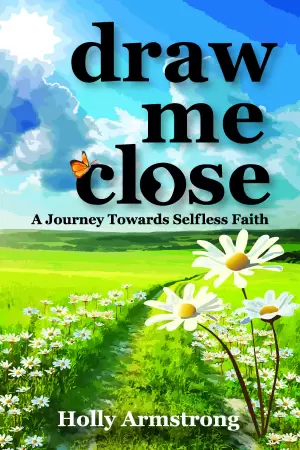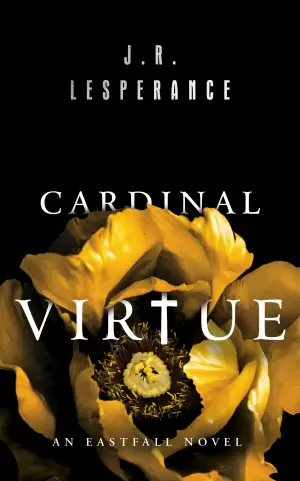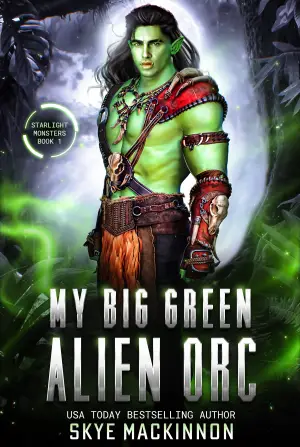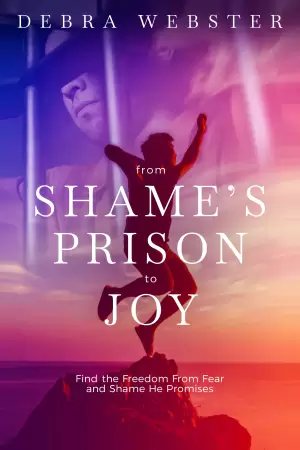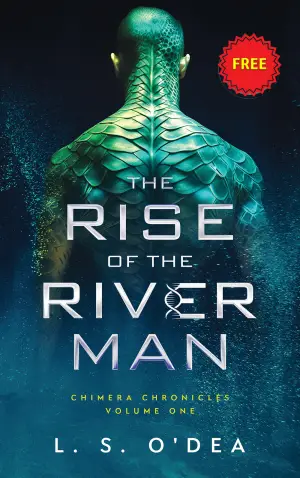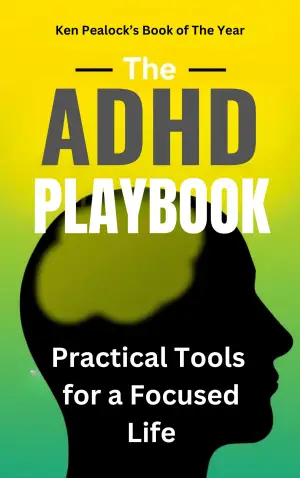Book Review: Letters to My Weird Sisters: On Autism and Feminism by Joanne Limburg
In a world that often feels overly loud and chaotic, the quiet power of introspection is invaluable. That’s precisely why Letters to My Weird Sisters by Joanne Limburg enamored me from the very first page. As someone who has teetered on the edges of conventional understanding of disability and gender, Limburg’s epistolary memoir felt like a timely hug—one that softly reassures you that you are not alone.
Limburg’s exploration of autism through the lens of feminism is both refreshing and revolutionary. After receiving her midlife autism diagnosis, the author embarks on a heartfelt journey to connect with women throughout history who, like her, felt the weight of societal expectations pressing down on them. The structure of the book, comprised of six intimate letters, creates a personal narrative that feels like an invitation into her thoughts—a conversation with an old friend rather than a formal lecture.
Each letter serves a unique purpose. Limburg writes to literary icons such as Virginia Woolf, unearthing her complex relationship with internalized ableism, and to Adelheid Bloch, a victim of Nazi eugenics, bringing vital historical context to the present-day experiences of disabled women. In each instance, she masterfully intertwines her narrative with poignant historical references, elevating the discussion beyond personal experience to include broader themes of oppression and the fight for visibility.
Memorable lines like, “Once you have been pushed outside the first person plural, anything might be done to you,” resonate deeply, succinctly capturing the essence of both isolation and resilience prevalent in the lives of many disabled women. Limburg’s writing is both lyrical and incisive, capturing complex feelings with a deft hand. Her storytelling is a perfect amalgamation of intellect and emotion, rendering the heavy topics of bullying, eugenics, and misogyny necessary and approachable.
Limburg’s style flows effortlessly, and her ability to weave personal anecdotes with larger social critique is nothing short of brilliant. It’s a raw, honest representation of womanhood and neurodivergence, crafted with sensitivity and unwavering authenticity. Her genuine compassion shines through, making even the most heart-wrenching subjects accessible and relatable.
By the time I reached the end of the book, I found myself reflecting on the lessons learned and the myriad voices that had been honored throughout its pages. The journey Limburg takes her readers on isn’t just an intellectual exercise—it’s a call to empathy and understanding, urging us to confront uncomfortable truths in the world we inhabit.
I wholeheartedly recommend Letters to My Weird Sisters to anyone interested in broadening their understanding of autism, feminism, and the intersectionality of these identities. This book promises to be a nuanced guide for those eager to explore the depths of disability rights and historical solidarity. It’s also a testament to the timelessness of shared experiences and the necessity of advocacy—something that feels particularly pertinent today.
This read left me inspired and empowered, eager to dive into Limburg’s poetry collection, The Autistic Alice, which now sits eagerly on my TBR. Whether you’re already part of this discourse or just beginning to explore it, Limburg’s letters are a treasure trove of insights that will resonate long after the last page is turned. 🌟
Trigger Warnings: Holocaust, eugenics, state-sanctioned murder, suicide, bullying, miscarriage, pregnancy.
For those seeking further exploration, consider checking out other titles like Unmasking Autism by Devon Price and Odd Girl Out by Laura James. You won’t regret it!
Discover more about Letters to My Weird Sisters: On Autism and Feminism on GoodReads >>

